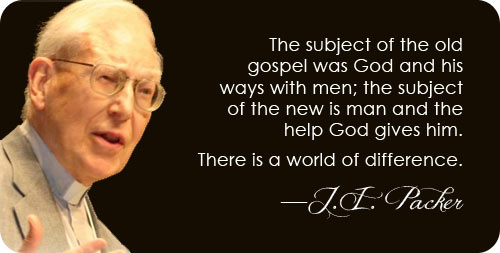Leaving Jerusalem
If you are still with me in the Bible Challenge, we are in the midst of the gripping tale of David’s life. From a shepherd boy to a King on the run, we have read all of his well-known tales. We have read of him killing a giant, committing adultery and then murdering the woman’s husband, and we have read of the heart-breaking treachery of his son, Absalom.
It was hard to pick what to write about today. But there was one obscure passage in 2 Samuel that really stood out to me. Especially in our current situation as believers.
So I am writing today about Ittai the Gittite.
Have you ever even heard of him? This is not really that memorable of a story, as “larger than life” stories go. Let me set up the background–
Absalom, over the course of a few years, undermined his father’s authority and got enough men on his side to attempt to overthrow the King. Instead of fighting his own son, David makes the decision to just abdicate in order to protect the people of Jerusalem. He pulls all of his house together, with the exception of 10 concubines left to care for the palace. Along with him, showing their loyalty and serving as his body guards and corps d’elite were the Cherethites, Pelethites, and Gittites.*
As they walked out of the city, David stopped Ittai, the leader of the Gittites, telling him to go back into the city. Here is the conversation between the two (from 2 Samuel 15)–
Then the king said to Ittai the Gittite, “Why do you also go with us? Go back and stay with the king, for you are a foreigner and also an exile from your home. 20 You came only yesterday, and shall I today make you wander about with us, since I go I know not where? Go back and take your brothers with you, and may the Lord show steadfast love and faithfulness to you.” 21 But Ittai answered the king, “As the Lord lives, and as my lord the king lives, wherever my lord the king shall be, whether for death or for life, there also will your servant be.”
Whether for death or for life, there also will your servant be.
What an incredible testimony of loyalty. Ittai chose to follow David out of the safe zone, knowing full well that it would most likely mean hardship, wandering, and even death.
This struck me, because in a lot of ways, I feel like we are soon going to be forced to follow Jesus out of American culture very soon. Oh, we may not be forced to physically leave, but the storm clouds we saw on the horizon only a few short years ago are now starting to bring fierce wind and dark, dark skies. Life is changing here. And the message is Get on Board or Be Persecuted.
Gone forever are the days of the beautiful religious freedom we enjoyed from the inception of this country. They are over. You do realize that, don’t you? They aren’t returning, no matter who is voted into office. I don’t want to rain on anyone’s parade, but this ship has left the dock and it’s not coming back. Not without a supernatural miracle from God (My God is that big, so I don’t rule it out, but I don’t expect it either– not when I read the plan of the future as recorded in the Word of God).
I think it is time to follow our King out of Jerusalem. It’s such a heart-breaking time for those of us, the remnant, that remains faithful to the Word of God, isn’t it? We have become such a minority that sometimes we find ourselves wondering if we are even right, after all? But then we turn back to the Word and we read of church history, and we can see that this is exactly what we should expect. We Christians have really, here in America, been living a rare, cushy, comfortable existence. This has not been the norm for most of our Christian brothers and sisters throughout history, in foreign lands currently, or as recorded for the church’s future.
So are you ready to follow your King, whether it bring life or death? Are you ready for hardship, persecution, and wandering? Are you ready for slander, scathing remarks, intolerance for your views, and false accusations? Because if you have plans to remain faithful to the Jesus of the Bible, it will come. Some of you have experienced a bit of this already.
Are you going to be like Ittai– a loyal soldier for the King or are you going to tuck tale and run back into the comfort zone of the city? You will soon have to make a choice. Are you prepared?
Read and study the Bible, read biographies of great Christians who have gone before us, read classic authors of yesteryear. If you need ideas, check out my favorite books–-where I have added a couple of new suggestions for you just this morning.
By reading and studying you will grow deeper, fixed roots of faith. These will hold you steady in the wind that is starting to blow. There is no time to waste. The perilous storm is almost here.
*As explained from the following websites: Jewish Encyclopedia and Bible Hub.










